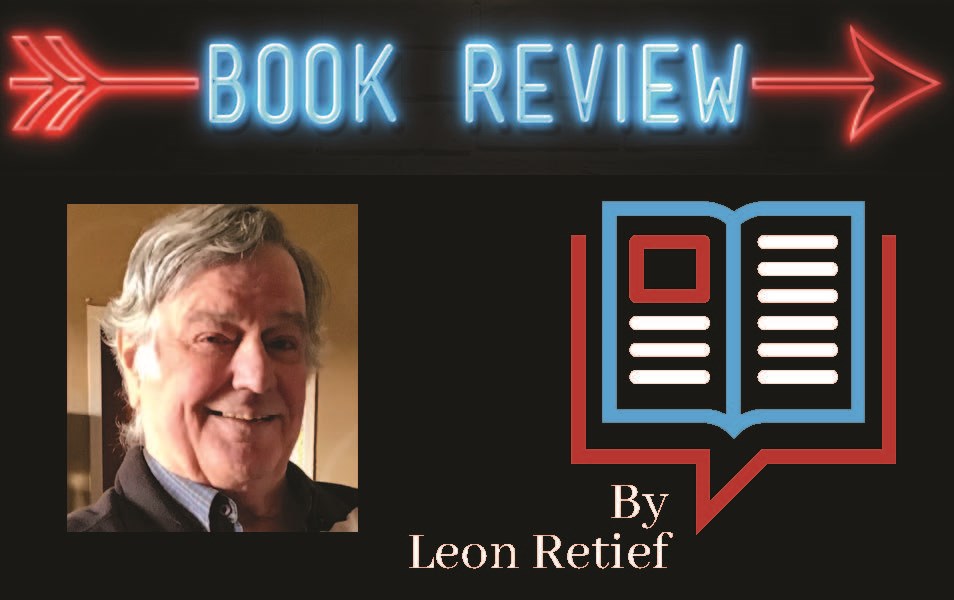The Professor and the Madman – A Tale of Murder, Insanity, and the Making of the Oxford English Dictionary
Simon Winchester, Harper Perennial, 242 pages.
This fascinating book has four main characters: the lexicographer Dr. James Murray, who did sterling, irreplaceable work in developing the Oxford English Dictionary, the convicted and severely disturbed murderer Dr. WC Minor, and the OED itself, which is now mostly available in electronic format. Lastly, there is the now forgotten victim of Dr. Minor’s psychotic imaginings, the brewery worker George Merrett, the dedicatee of this book, killed by Minor one morning on his way to work.
There is no gravestone on Merrett’s burial place, and while he has a very minor part in this book’s story line, the entire OED would most likely have been different (and the poorer for it) had he not been murdered.
Minor qualified as a doctor in America and joined the Union forces as a captain a few days before Gettysburg, soon afterwards exhibiting severe psychiatric behavior, possibly precipitated by scenes he witnessed during the war. He then moved to England, where his psychotic episodes increased. After he was found guilty of murder and his insanity recognized, he was incarcerated in Broadmoor Hospital, then as now an institution for the criminally insane.
Minor would spend all but the last of the 48 years of life left to him in psychiatric hospitals. He received a generous pension from the US army, part of which he used to support the widow and children of his victim. She visited him for some time and brought him books he requested – Minor was a highly intelligent, well-educated man with keen literary and historical tastes.
He was not regarded as a danger to fellow patients or staff and the administration allowed him to have two rooms to accommodate his books.
In 1879 James Murray was appointed editor of a planned dictionary of the English language, to succeed the one by Samuel Johnson. He immediately grasped the enormity of the task and gathered as many assistants as possible. They were to read as many books as possible from various periods and note all words found there, together with information about the source, meaning, context and where possible the etymology. Each word should be illustrated by about six quotations showing its different shades of meaning and also its earliest known use.
In order to facilitate this, Murray had pamphlets distributed asking for volunteers. We don’t know how dr. Minor got hold of one of these pamphlets, it was probably tucked into one of the books brought to him by Merrett’s widow or he found it in a book he ordered from somewhere else.
Minor had enough time on hand and fell to the task with gusto, developing his own system for arranging the information he collected. In the process he sent thousands upon thousands of detailed slips of paper to his editor.
Murray of course soon noticed the treasures coming from Minor, but since he knew nothing of his contributor’s circumstances, he assumed that Minor was a retired or semiretired medical man with time on his hands and an interest in philology. His interest piqued, he invited Minor a few times to visit him in Oxford, but no meeting was arranged until 1896 when he travelled to the village of Crowthorne where Broadmoor was situated.
One can imagine his surprise when he discovered that his valued informant was a severely disturbed murderer. They became friends and Murray frequently visited the doctor.
Unfortunately Dr. Minor’s psychotic episodes slowly worsened over time, usually occurring at night, his physical health also deteriorated and eventually friends and family managed to convince the British government that he should be returned to America, where he was diagnosed as having schizophrenia. In 1919, he was moved to an institution for the elderly insane where he died in 1920. His friend predeceased him in 1918.
The first volume of the OED was published in 1884, the last, volume 20, in 1924, after both main characters in this story had died.
There is such a deep irony in this tale. Had an unknown, obscure brewery worker not been murdered during a psychotic frenzy, had it not happened in England, had the American murderer not been confined to an English institution, who knows what the Oxford English dictionary would have been like? No doubt it would still be very exhaustive, interesting and detailed, but, as Winchester remarks, one cannot help wondering.
Winchester weaves an engrossing tale, alternating between Minor, Murray and the OED. He is clearly much in love with words, but he does make one mistake: Minor at one point amputated his own penis. Winchester calls it an autopeotomy. The correct term is autopenectomy. The suffix -otomy means to open something, eg a laparotomy means opening of the abdominal cavity, whereas the suffix -ectomy means removal, eg an appendectomy means removal of the appendix.
Still, this is a very minor if slightly amusing quibble. Anyone with an interest in words, history and strange tales will find the book a good addition to their library.
The views and opinions expressed in this article are those of the author, and do not necessarily reflect the position of this publication.

.png;w=120;h=119;mode=crop)


